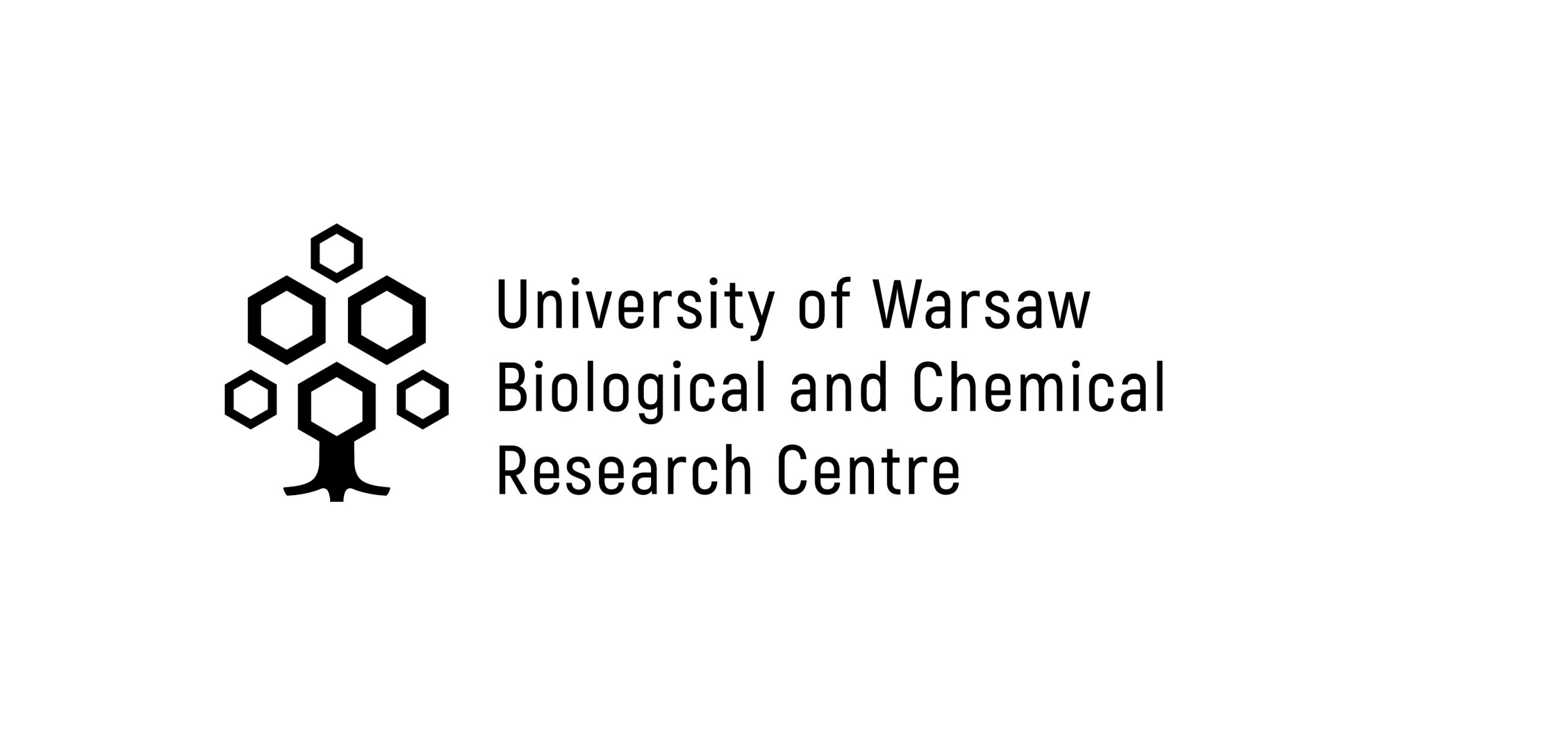Microplastics: Small but Harmful Particles

07 12 2023
Tiny fragments of plastic particles, measuring less than 5 millimeters, have become an inseparable part of our environment, carrying significant implications for the health of humans and animals. There are several concerning reasons why microplastics are harmful:
- Entering the food chain: Microplastics can infiltrate the food chain through contaminated water, soil, and plants. Marine organisms, such as fish, ingest microplastics, which then permeate higher levels of the food chain, including humans.
- Contamination of drinking water: Microplastics are often present in bottled waters. Studies indicate that these particles may contain toxic chemicals, which, upon consumption, can negatively impact human health, leading to various ailments, including hormonal issues and cancers.
- Threat to aquatic ecosystems: Microplastics affect not only the organisms consuming them but also entire aquatic ecosystems. Water contamination affects aquatic plants, planktonic organisms, and fish, potentially disrupting the entire ecosystem. This poses a threat to biodiversity and the stability of aquatic ecosystems.
- Impact on human health: Research suggests that microplastics can affect human health in various ways. Small microplastic particles can permeate intestinal walls and enter the bloodstream, potentially causing harmful health effects such as inflammation, immunological problems, and other diseases. Microplastics have been detected in various human body parts, i.e. blood and maternal milk.
- Difficulty in degradation: Plastic micro-particles take a long time to decompose, meaning they persist in the environment for extended periods. This leads to the accumulation of microplastics in different areas, amplifying their harmful impact on nature and human health.
Faced with these threats, it is crucial to take global-scale actions to reduce plastic production, promote recycling, and develop alternative, more eco-friendly materials. Protecting the environment and human health requires joint efforts from society, industry, and political decision-makers.
The Interreg Baltic Sea Region Lakes Connect project aims to build a network of connections between various institutions, including scientific ones, to effectively address issues related to pollution in lake waters, specifically the microplastics issue, especially concerning the tourist use of lakes. Together with four partners from Lithuania, Latvia, and Poland, we strive to find solutions that minimize the impact of tourism on lake cleanliness.

